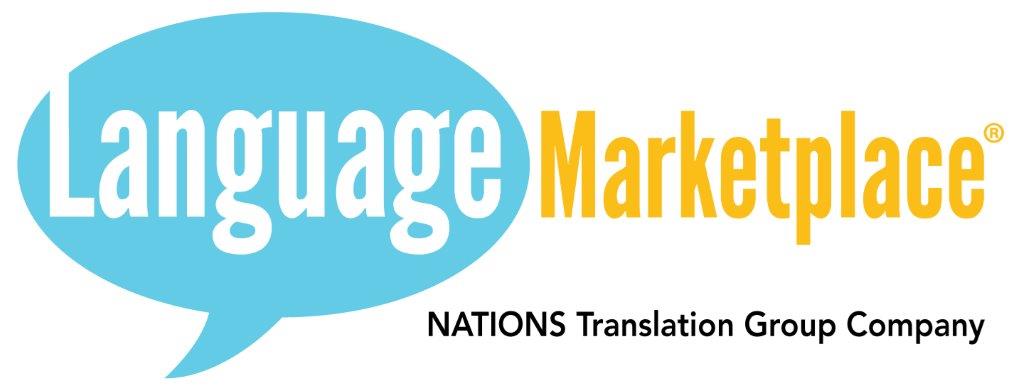CE Marking, or CE Mark, is a symbol placed on a product indicating that it has been certified to be sold in Europe freely. As a mandatory process for all products that will be available in any EU nation, the mark legally denotes that the manufacturer takes full responsibility for the product compliance (i.e. adheres to health, safety, performance and environmental standards). CE stands for “Conformité Européenne”, which is French for European conformity.
CE Marking on a Global Scale
The CE Mark is seen as a European safety symbol. Established to create a fair and easy trade system across Europe, companies and organizations can recognize the CE Marking on products and postulate that the products are in compliance with EU legislation, and thus can be sold within Europe.
What does CE Marking have to do with translation?
Translations of the official languages of each country are mandatory as part of the conformity assessment process (or CE Marking process). Typically, the language is decided by assessing the language(s) spoken by the majority of the country’s population. For instance, while France would merely require a French translation, Switzerland would require translations in German, Italian, and French. However, we do suggest contacting the right authorities in the designated country for guidance vis-à-vis their language practices and requisites.
CE Marking Regulations
CE Marking is mandatory for all companies under the European Free Trade Association (EFTA), and is also required for all products made by non-EU countries that sell in the European Economic Area (EEA).
It is essential to include translation of the specific language associated with the associated country. If you fail to comply with these regulations, you may be questioned by authorities and prompted to clarify why you chose not to provide translations.
Why Use Certified Translators
As mentioned above, manufacturers are held liable if there are any misinterpretations in the translations. Non-certified translators may lack the terminology specific to the industry. In addition, hiring employees within the company that may be fluent in the country’s language is still not ideal, as they are likely not familiar with CE Market standards, and are also not necessarily adept at writing, editing, and proofreading.
To request a quote for Language Market’s professional translation services, contact us today.

